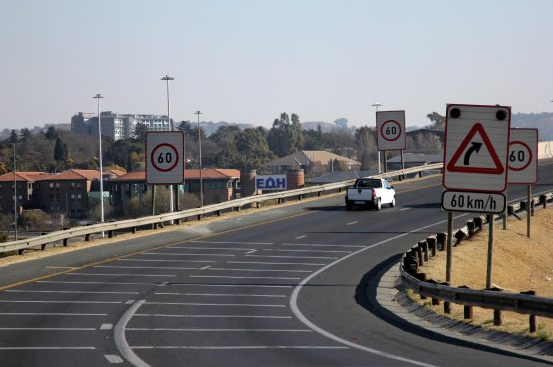
The Road Accident Fund (RAF) is hopelessly insolvent.
The fund was set up to pay compensation to victims of road accidents and provides support in respect of future treatment and rehabilitation.
Dependent on fuel levies to meet its ever-increasing liabilities, and with an accumulated deficit R262.2 billion in 2019, the RAF is deep in the red.
Board chair Dr Matsontso Mathebula, in his report to the 2019 integrated annual report, remarked that the RAF “has continued on its journey to be a key player in South Africa’s social security system …”, and notes that challenges remain in the “legislative and financial environments”.
Acting CEO Lindelwa Xingwana-Jabavu reported that: “Close on 2 100 fraudulent claims to the value of R1.45 billion were identified before payments were made and nine people were arrested for fraud against the RAF.”
She added that “the increase of 30c/l in RAF Fuel Levy” that came into effect on April 1 last year saw total revenue increase by 15.8% to R43.2 billion.
Cash flow constraints resulted in a 30% increase in the amount of interest paid during the year, from R224 million in 2018 to R291 million in 2019.
Claims of R42.6 billion were settled in the 2018/19 financial year: R3.6 billion was paid towards medical costs, R160 million towards funeral costs, R10.3 billion towards legal and other expert costs, R9.2 billion towards general damages (primarily to persons not seriously injured), and R19.4 billion towards loss of earnings and support for those who qualified.
The percentage of RAF fuel levy income that was used to pay claims rose to 97% (from 93%).
The increase in total revenue for 2019 to R43.24 billion (2018: R37.34 billion) was mainly due to the 30c per litre (c/l) increase in the RAF fuel levy from the beginning of the financial year.
During the 2019 financial year the RAF fuel levy was set at 193c/l (2018: 163c/l).
The total amount of claims paid (including net effect of ‘requested not yet paid) increased by 21% to R41.96 billion (2018: R34.6 billion).
Claims liabilities increased by 27% to R272 billion (2018: R215 billion).
The RAF is hopelessly insolvent.
Auditor-General’s report to parliament
The Auditor-General (AG) notes that the accumulated deficit of R262.2 billion, together with the excess of liabilities over assets of R262.1 billion, indicates that there is a material uncertainty relating to whether the RAF is a going concern.
This will not absolve it from its debts. The total claims liabilities amount to R271.9 billion.
Other notable concerns were:
- Material misstatements were identified in the annual performance report submitted for auditing.
- Management did not implement proper record-keeping in a timely manner to ensure that complete, relevant and accurate information is accessible and available to support performance reporting.
- Management did prepare regular performance reports, however, these reports were not accurate and complete and were not supported and evidenced by reliable information.
Executive remuneration
Despite leading the company into an unsustainable loss position, the board and executives received performance bonuses for the year.
Amounts paid to the board members and executive remuneration amounted to R28.8 million (2018: R28.9 million). Performance bonuses amounted to R4.6 million (2018: R6.5 million). Non-executives were paid fees of R6.6 million (2018: R6.8 million).
Crawling out of the mess
The government cannot continue to hike the fuel price to bail out the insolvent RAF.
The latest fuel price is R15.79 per litre. Fuel price increases have a devastating impact on the poor, leading to higher transport and food costs.
The RAF as a concept is not viable. It is time to bring in the expert insurance companies and plot the way forward.
Article by Moneyweb
